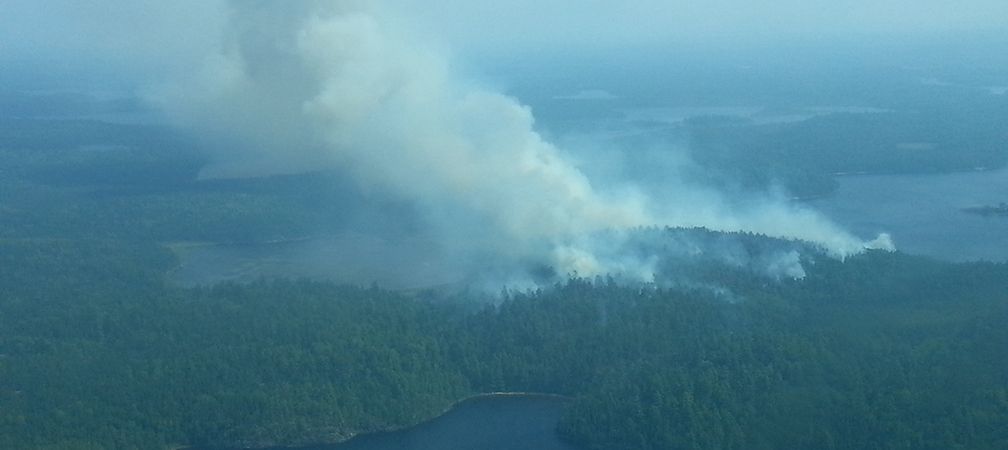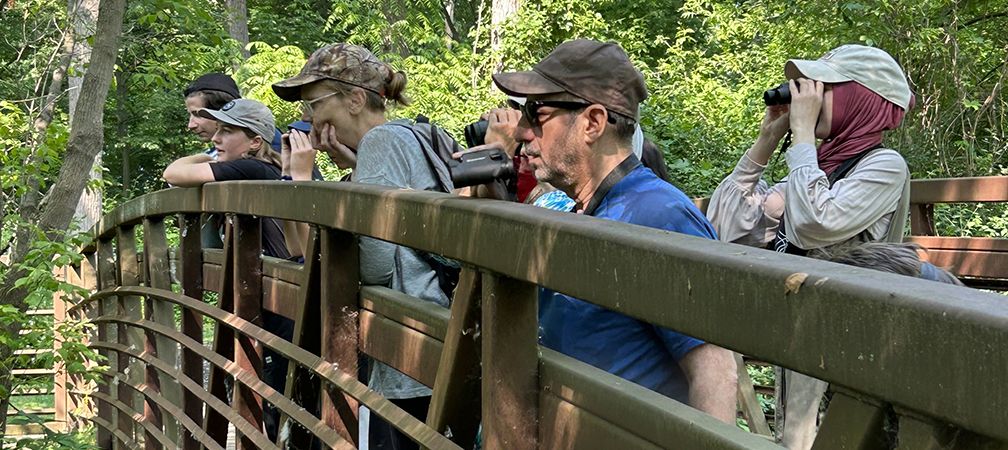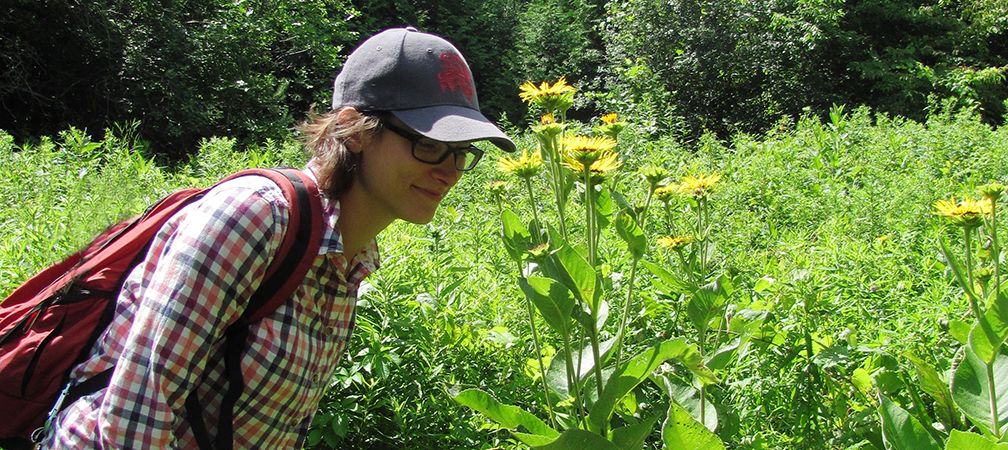Ontario Nature Blog
Receive email alerts about breaking conservation
and environmental news.
© Lora Denis
Global Climate Strike Toronto © Aidan Brushett
There’s mounting evidence suggesting that most people worldwide are worried about the planet’s future. In fact, 80% of respondents to a Global Trends Survey covering 50 countries believe “we are heading towards an environmental disaster unless we change our habits quickly.” It’s no surprise then that an ever-increasing number of people are experiencing “eco-anxiety,” or what the American Psychological Association describes as “a chronic fear of environmental doom.”
How people experience “chronic fear” varies widely. Clearly, someone who has been directly affected by loss of a previously abundant food source or way of life, or suffered due to forest fires, flooding, drought, inescapable heat or unbreathable air will experience that fear quite differently from someone who is watching such disasters unfold on the news. And access (or lack of access) to necessary resources before, during and after environmental disasters will also affect how intense fear is and how it manifests.

Psychologist Joseph Dodds cites evidence that while climate anxiety can be mild, it can also lead to “panic attacks, loss of appetite, irritability, weakness and sleeplessness,” and in more extreme cases, “post-traumatic stress disorder and suicide.”
Particularly concerning for parents is a 2021 global survey of 10,000 16-to-25-year-olds, which found that while 84% were at least somewhat worried about climate change, more than 56% believed “humanity is doomed” and more than 45% said “their feelings about climate change negatively affected their daily life and functioning.”
Dodds and other experts are quick to point out that feeling anxious about climate change and environmental degradation is not in itself a sign of mental illness. Dr. Jenalee Kluttz puts it this way: “Eco-anxiety is a normal response to the challenges of the times and is certainly healthier than turning away and denying the crisis exists.”
So, a certain degree of eco-anxiety just proves that you haven’t got your head buried in the sand. But, how can people keep that anxiety from becoming overwhelming?

Here, in a nutshell, are key recommendations from the Mental Health Commission of Canada and others:

It bears repeating that a certain degree of eco-anxiety just proves that you’re paying attention. The trick is to channel that anxiety into action. If you can do that together with others, so much the better.

Gananoque Lake Nature Reserve © Smera Sukumar
Hi Susan,
Great blog! I’m trying to track down Janice Palmer and wondering if you might know if she is still in Toronto or not. She had a significant impact on my environmental conscience and I’d like to reconnect with her.
Cheers,
Angie